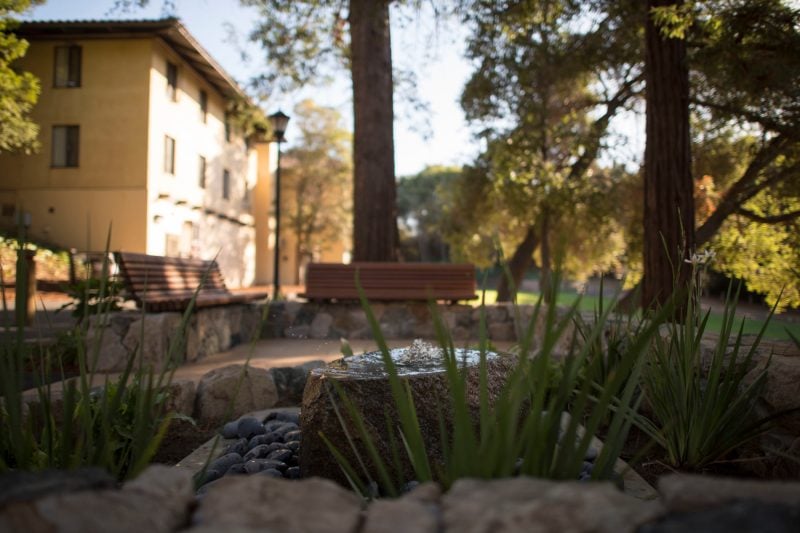Editor’s note: The following article details accounts of sexual assault, amnesia and trauma that may be disturbing to some readers.
After years of going by the pseudonym “Emily Doe” following her sexual assault by former Stanford swimmer Brock Turner, Chanel Miller identified herself on Wednesday as the woman Turner raped on Jan. 18, 2015.
Miller’s announcement comes just weeks before the Sept. 24 release of her memoir, “Know My Name,” in which she describes her life after the incident. Her decision to publicly release her name, which was first reported by The New York Times, has renewed attention to a case that sparked national outcry and led to the recall of its judge and the passage of new California laws on sexual assault sentences.
Two graduate students stopped biking when they witnessed Turner, a freshman at the time, raping an unconscious woman behind a dumpster outside of a fraternity party. The following year, Turner was found guilty of three counts of sexual assault by a California jury, facing a maximum of 14 years in state prison.
But Turner’s sentence, given by presiding judge Aaron Persky, was only six months in county jail, of which he only served three with a subsequent probation period. He has since moved back to Ohio to live at home.
Persky argued a longer sentence would result in a “severe impact” on Turner, who once had hopes of swimming in the Olympics, a contention made numerous times during the case. The public viewed the ruling as too lenient and voted to recall Persky, making him the first California judge to be recalled in over 80 years.
In a hearing on June 3, 2016, in which she addressed Turner directly, Miller recounted the morning following the incident: “My brain was talking my gut into not collapsing. Because my gut was saying, help me, help me.”
Miller, a Palo Alto native and star volleyball player at Gunn High School, was 22-years-old at the time of the incident. She had recently graduated from the University of California, Santa Barbara with a degree in Literature. Currently, Miller lives in San Francisco where she pursues art and writing.
She recalled going to a frat party the night before with her younger sister, a Stanford student at the time, in her victim impact statement. After drinking too fast and not realizing that her “tolerance had significantly lowered since college,” Miller woke up in a hospital hallway with pine needles in her hair and was immediately shocked when told she had been assaulted, she wrote.
While attempting to calm her younger sister down, who came to pick her up from the hospital after being notified of the incident, Miller said she “felt too empty to continue to speak.” She said she became isolated afterward, not eating, talking or sleeping to the extent she had before.
Miller’s victim impact statement received millions of views on Buzzfeed and was read aloud on CNN and the floor of the House of Representatives. It inspired a bill signed by California Gov. Jerry Brown mandating a minimum required sentence in sexual assault cases.
“It was just obvious to me from the beginning what she had to say and how different it was and how extraordinarily well she was going to say it,” said Andrea Schulz, the editor-in-chief of Miller’s publisher, Viking, in an interview with The New York Times. “She had the brain and the voice of a writer from the very beginning, even in that situation.”
The incident and case predate the recent #MeToo movement, but fostered discussions across the country about safety on college campuses, specifically for women. Miller spoke out against her views of women not being believed when sexually assaulted and not having recollection of the incident, by saying, “Regretting drinking is not the same as regretting sexual assault.”
During the trial, Miller said she felt “traumatized” by the helplessness she faced over not being able to piece the events together. The cover of “Know My Name” features kintsugi or “golden repair,” a process that utilizes lacquer and powdered gold to repair broken pottery pieces and emphasize the beauty of a previously broken piece.
In her testimony, Miller said “Sometimes I think, if I hadn’t gone, then this never would’ve happened. But then I realized, it would have happened, just to somebody else.”
Contact Leily Rezvani at lrezvani ‘at’ stanford.edu.
